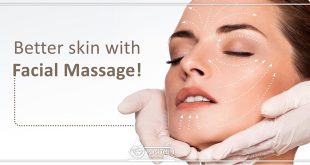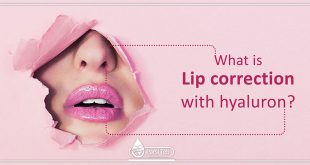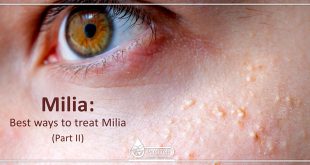Dry skin: medicine are widely used to affect biological systems in the body, which may also have undesirable or unwanted effects.
According to the definition of the World Health Organization, the adverse effects of the drug are unwanted and harmful to the use of drugs that are used in conventional doses to prevent, diagnose or treat the disease or change the physiological function of the body.
Adverse drug reactions account for about 10% of hospitalizations and cause about 100,000 deaths a year, and 6% of admitted patients have side effects.
This article explores chemical drugs that have side effects on the skin such as pruritus, dry skin or redness.
Retinol
Retinol and its similar compounds have a direct effect on the skin.
- Eliminating wrinkles
- Stop the aging process
- Irritation of the skin to collagen secretion
Side effects on the skin
The use of retinol causes dryness and inflammation of the skin.
People with extremely sensitive skin or skin diseases such as rosacea and eczema may not be able to tolerate these complications.
In addition, the use of retinol can make the skin sensitive to sunlight, and, once exposed to sunlight, it becomes severe in sunburn.
Roaccutane
Roaccutane or Isotretinoin capsules is a medicine of vitamin A derivatives that is most commonly used to treat severe skin acne.
Side effects on the skin
Dry skin and lips are very common side effects. For safety, don’t have any waxing, dermabrasion, or laser skin treatment while you’re taking this medicine and for at least 6 months after you stop, as this could cause scarring or skin irritation.
- skin becoming more sensitive to sunlight
- dry eyes
- dry throat
- dry nose and nosebleeds
- headaches and general aches and pains
Clobetasol Topical
Clobetasol topical is used to treat the itching, redness, dryness, crusting, scaling, inflammation, and discomfort of various scalp and skin conditions, including psoriasis (a skin disease in which red, scaly patches form on some areas of the body) and eczema (a skin disease that causes the skin to be dry and itchy and to sometimes develop red, scaly rashes).
Side effects on the skin
- skin dryness
- Osteoporosis
- Acne
- Skin allergy, thin skin
- Irritation
- Itching
- Folliculitis
- Hairdryer
- Acne pseudo-rash
collected by :
Dr. Afsaneh Amin Ghafouri
 Parsi Teb Physical and Mental Health Journal
Parsi Teb Physical and Mental Health Journal 



